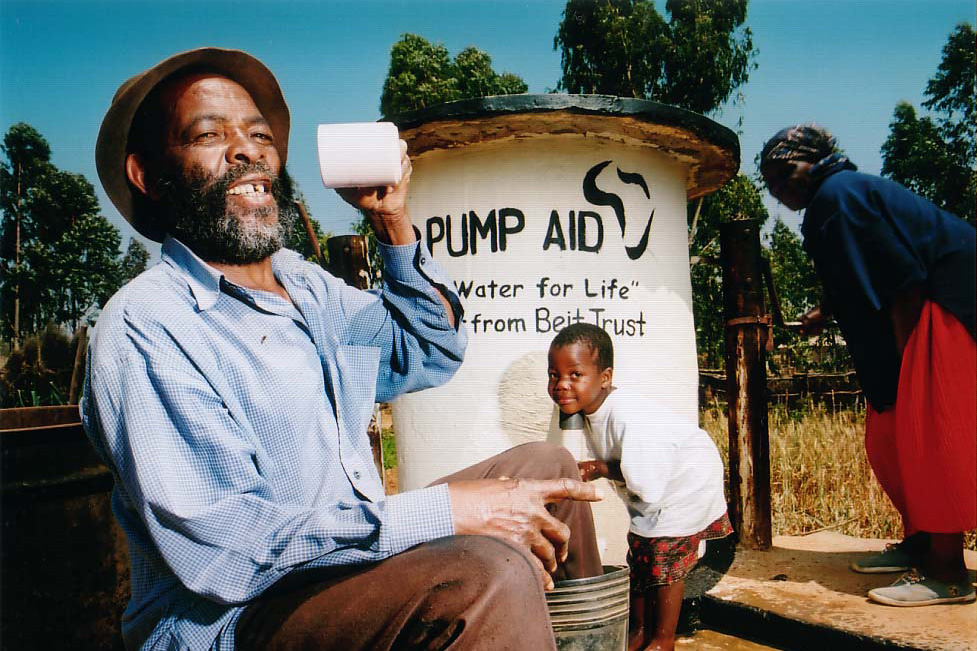
Grants Policy
All grant enquiries should be directed to the Beit Trust Representative in Harare. The email address is africa@beittrust.org.uk
Applications for grants are considered on merit. Trustees do not often give grants to government organisations and do not fund “start-ups”. Instead, they support established, independent institutions, in particular schools, hospitals and health centres. Trustees seek to maintain, as far as possible, an equitable distribution of grants between Zambia, Zimbabwe and Malawi.
Strict rules are applied to infrastructure grants, to ensure that detailed and serviceable plans are submitted before a grant is paid.
A proportion of the money is routinely withheld until the Trust is sure that a project can be satisfactorily completed, within or below budget.
Regular visits within the beneficial area by Trustees, Correspondents, the Representative and the Secretary allow an application to be judged before Trustees consider it; reviewed while under construction; and assessed when finished.
Trustees do not fund running costs, and seldom make grants to other UK grant-making charities. If UK-based charities work with institutions in Zambia, Zimbabwe and Malawi, in areas other than support for running costs, they are welcome to invite those institutions to apply for a Beit Trust grant by following the instructions on grant applications below.
Procedure for Grant Applications
Project grants seldom exceed £50,000. Applications close to or above that amount will very rarely succeed.
Applicants whose enquiries receive preliminary acceptance will then be provided with a detailed application form and guideline notes, describing the formal application process as well as requirements for supporting documentation.
These include but are not limited to plans/drawings, bills of quantity, verifiable (current) quotations, etc.
Applicants will also need to provide the following:
• A detailed motivation statement explaining the likely impact and importance of the proposed project;
• And suitable assurances in regard to the management of funds and the ability to deliver the proposed project within budget, so that it is competed to specification and is fully fit for purpose.
The Beit Trustees meet in London twice a year. Completed applications to be considered at their June meeting should reach the Beit Trustees’ Representative in Harare no later than 30 November. Applications to be considered at their November meeting should reach the Representative no later than 31 May.
Favourable consideration is given to organisations which demonstrate a degree of self-help, long-term sustainability, and an ability properly to administer the funds provided.
Applicants should bear in mind, however, that Trustees are invariably faced with applications for funds greatly in excess of what can be given. Assistance with education is very seldom given below secondary school level. Applications must prove sustainability, public benefit, cost-effectiveness, and a serious commitment to education, health, welfare and/or the environment within the beneficial area.
Long-standing Trust grantees
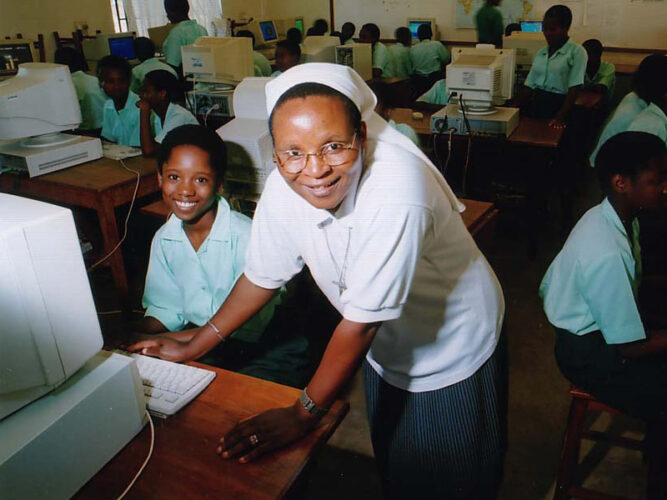
The ITSA Digital Trust
ITSA is a registered charity which supplies schools in the three countries with refurbished computers, donated by UK firms. Several thousand computers have so far been sent to schools in the beneficial area, including this one at St Mary’s Girls’ School in Zomba, Eastern Malawi. The Beit Trust provides substantial and ongoing core funding for this project.
Book Aid International
BAI is a registered charity which supplies a very broad range of books, educational materials and assistance to beneficiaries in developing countries worldwide. The Beit Trust makes a major annual grant to cover delivery and distribution costs to Zambia, Zimbabwe and Malawi. In 2019, BAI provided over 300,000 books to the three countries.
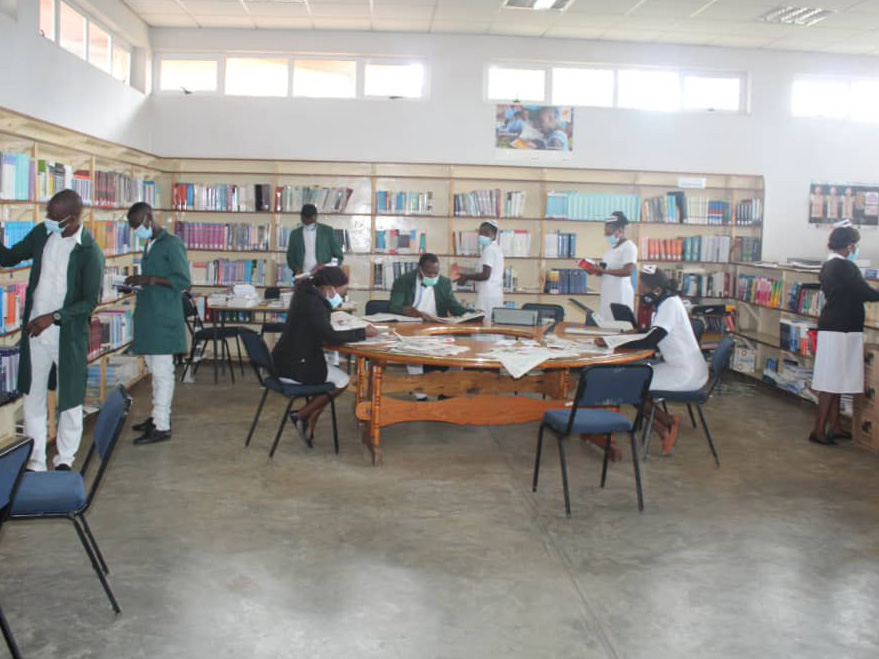
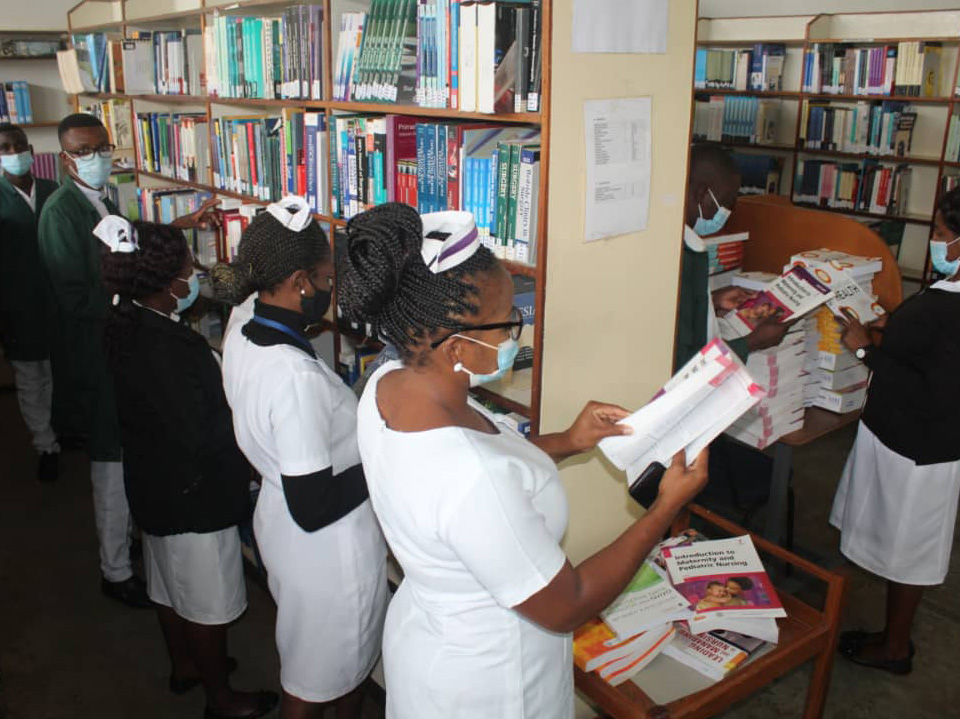
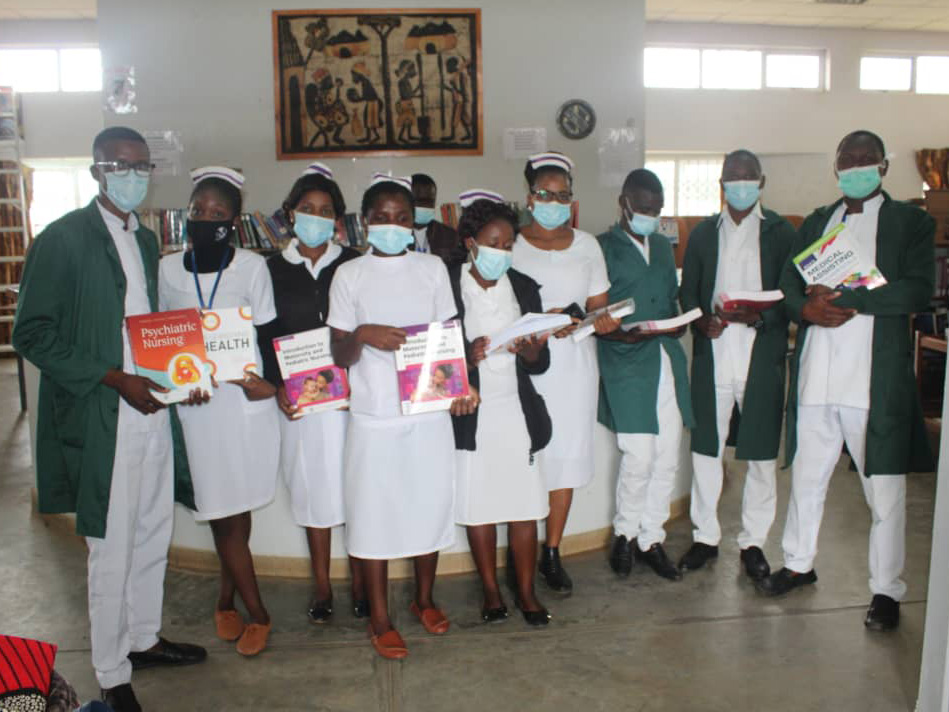
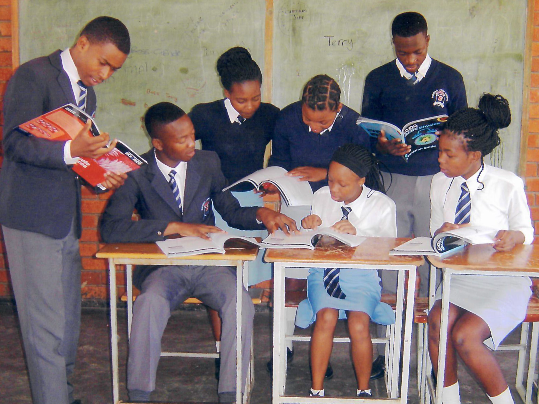

Beit Trust Black Rhino Conservation Project
The only significant black rhino population in the beneficial countries is in Zimbabwe. They remain endangered by continued poaching and encroachment on reserves. In 2020, Trustees allocated a further £10,000 to the Lowveld Rhino Trust.THET (Tropical Health and Education Trust)
The Beit Trust has provided financial support for two decades to facilitate the distribution of the publication “Tropical Doctor” to every hospital and clinic in the Beit beneficial area.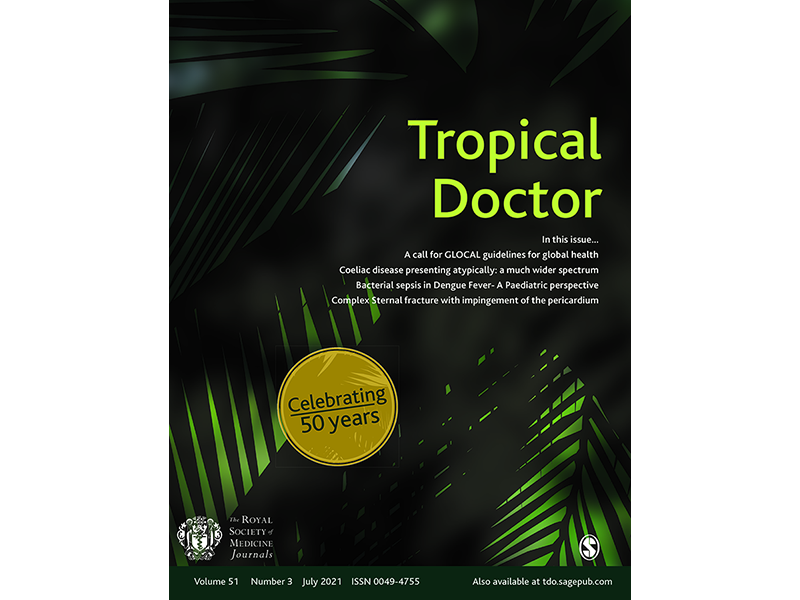
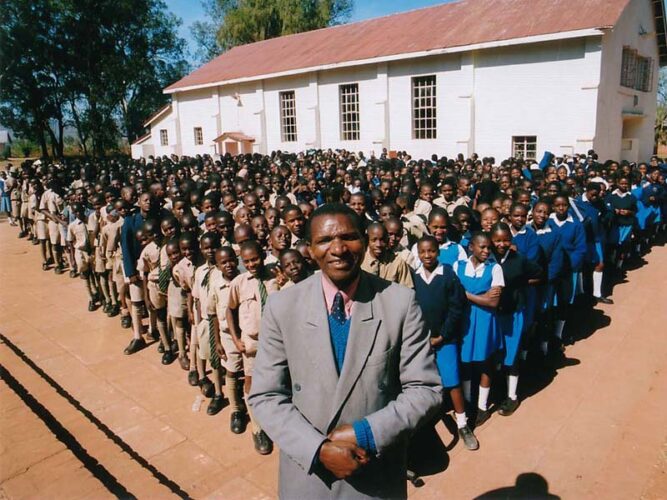
Education
In addition to postgraduate scholarships, The Beit Trust provides grants to secondary and tertiary education. Because of the expansion taking place at all education levels in the three countries, any Beit Trust involvement with secondary schools is ordinarily restricted to help with construction projects.
The Beit Trust also grants considerable sums towards the provision of books in the three countries. In addition to working through Book Aid International, the Trust works with Biblionef, an educational charity based in Cape Town. They provide, upon request, book packs of about 750 books to many schools in the three countries. The University of Zimbabwe Library, which received a grant of £50,000 from The Beit Trust, used the funds to establish a Collaborative Learning Centre, Postgraduate Computer Laboratory and provide for refurbishment of the Seminar Room in the Main Library.
Health
The Trust’s policy is to support health and welfare projects which fit into the pattern of the country concerned. Grants are mainly given for infrastructure building, and other similar purposes. These include grants to institutions dealing with the aged, as well as the physically and mentally handicapped.
A Beit Trust grant for a new building, or to reconstruct an existing building at a mission school, hospital or clinic, seldom exceeds £50,000. On occasion, however, larger grants are given in special circumstances. The universities in all the beneficial countries have benefited in this way, and the Malawi National Library and Beit CURE Children’s Hospitals in Malawi and Zambia were built with major Beit Trust grants.
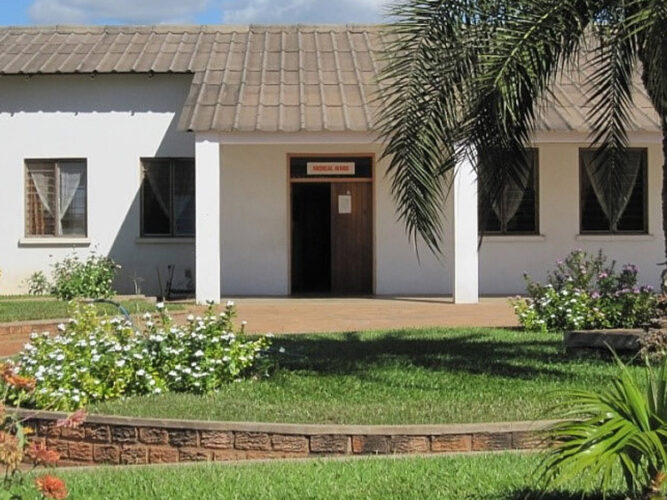

Wildlife and the Environment
For many years, the Trust has supported educational and extension projects related to environmental issues. In 1990, conscious that the number of black rhinos in the wild was diminishing rapidly, the Trust made a large grant to help conserve the species. Two large conservancies were set up in Southern Zimbabwe. The Trust funded substantial fencing to encompass them, as well as aircraft, vehicles and radios. The black rhino population in the conservancies is increasing and the project has been seminal in ensuring their survival and continuing genetic diversity. The next stage in the programme is the reintroduction of rhinos to selected game parks, once proper protection and management are available.Centenary Projects
To commemorate the 100th anniversary of the establishment of The Beit Trust in 1906, the Trustees decided to award a major grant for an infrastructure project in each of the three beneficial countries. They also commissioned a Centenary book (see History page) to commemorate the last 50 years, as a follow-up to the original 1956 book, “The Will and the Way”.
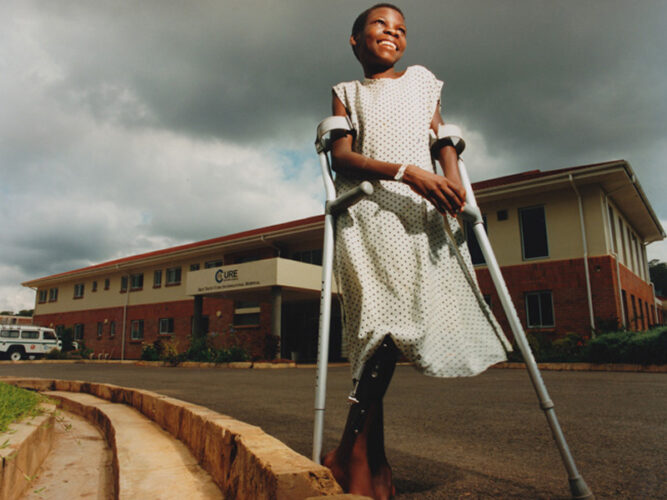
Malawi
Anticipating the Centenary, the first project, the Beit CURE International Children’s Hospital in Blantyre, was actually completed in September 2002. The hospital is managed by CURE International, an American charity which pays the running costs as their contribution to the project. The hospital has two operating theatres and can accommodate 70 children. CURE is planning an extensive refurbishment and uplift of capacity.
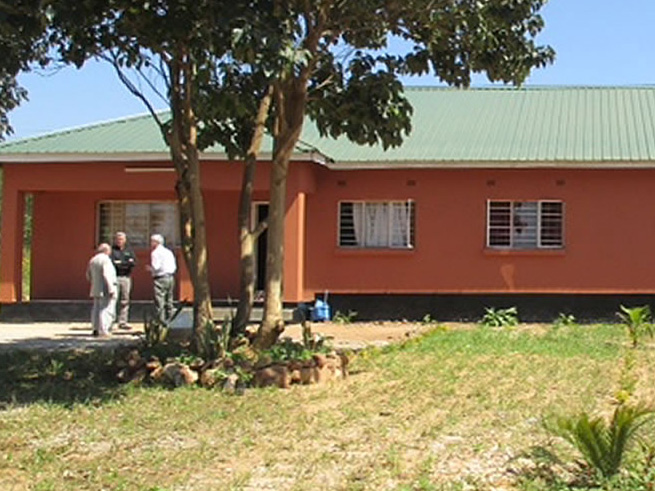
Zambia
A second Beit CURE children’s surgical hospital, at Lusaka, Zambia, was opened by the then First Lady, Mrs Maureen Mwanawasa, in December 2006. It is now recognised as a leader in several paediatric surgical procedures. Unlike the Malawi hospital, which is constructed as one major building, the extensive facilities of the Zambian complex are built in a fan-shaped arrangement around the Administration and Education block, and continue to grow on land donated by the Government of Zambia.
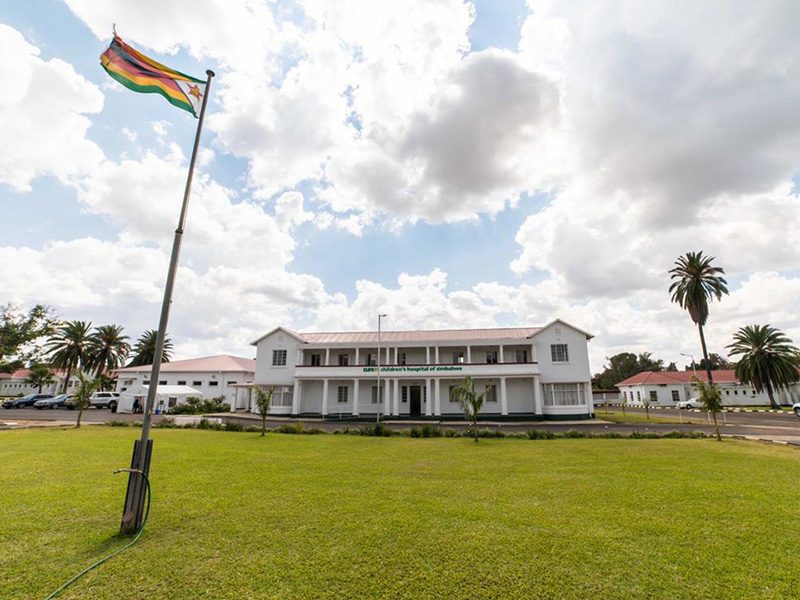
Zimbabwe
The Trust contributed in 2019 to the construction of the operating theatres at the refurbished paediatric orthopaedic hospital in Bulawayo.


